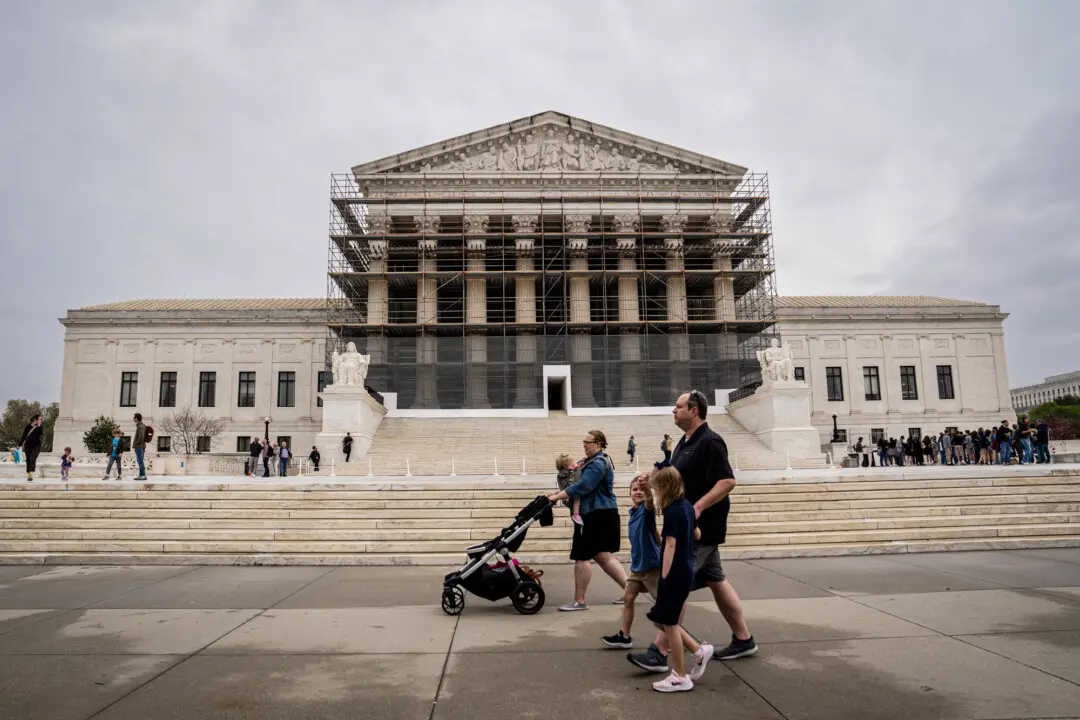The Trump administration has asked the Supreme Court to remove a lower court’s block on its decision to remove temporary legal protections for more than 300,000 Venezuelan nationals.
U.S. Solicitor General D. John Sauer told the Supreme Court in a brief on May 1 that a federal judge in California had overstepped his authority.






